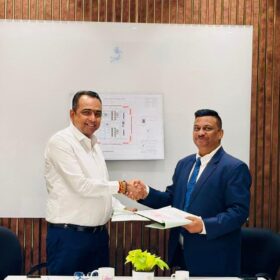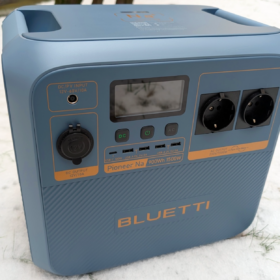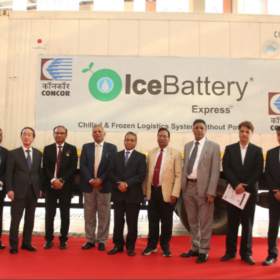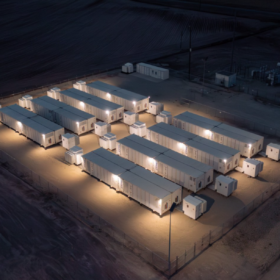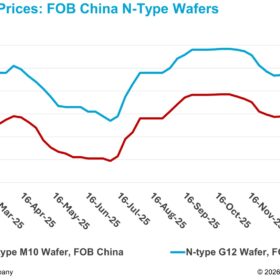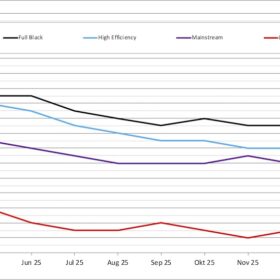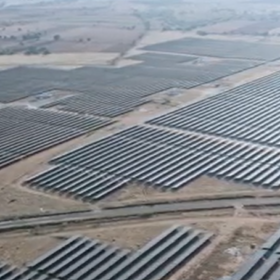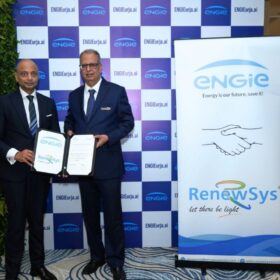Adani commits $100 billion to renewables-powered AI-ready data centres
Adani Group has announced an investment of $100 billion to develop renewable-energy-powered, hyperscale AI-ready data centre capacity in India by 2035.
AM Group commences development of 1 GW AI compute facility backed by round-the-clock renewables
AM Group has commenced development of its 1 GW AI and High-Performance Computing data center project in the Indian state of Uttar Pradesh. The facility will be powered by firm and on-demand carbon-free energy at competitive tariffs enabled by renewable generation and pumped storage assets managed through an in-house intelligent cloud energy architecture.
Greenzo Energy, Lord’s Mark Industries to collaborate on 60 MW green hydrogen projects in Uttar Pradesh
Greenzo Energy India and Lord’s Mark Industries have signed a Memorandum of Understanding (MoU) to jointly develop around 60 MW of green hydrogen capacity, along with integrated solar rooftop projects coupled with battery energy storage systems.
Comparing safety profiles of lithium-ion, sodium-ion and solid-state batteries
New research finds that battery safety rankings are not universal but highly dependent on application scenarios, and shows that LFP batteries can emit high levels of hydrogen fluoride, challenging their reputation as the “safest” chemistry.
Powertrac to set up 1 GWh BESS factory
Gujarat-based Powertrac Group has announced an investment of INR 600 crore to establish a 1 GWh containerized battery energy storage system (BESS) manufacturing facility. The facility will focus on lithium iron phosphate (LFP)-based battery pack assembly, along with in-house battery management system (BMS) development and integration.
Can sodium-ion beat Li-ion in portable power? Bluetti Pioneer Na gives it a try
The world of batteries needs alternative chemistries to skirt weaknesses with lithium-ion. Sodium-ion is a big hope, and in portable power, Bluetti’s new product shows promise, and limitations.
India’s FY2027 budget shifts focus from renewable deployment to manufacturing, but execution challenges persist, says Wood Mackenzie
Clean energy spending rises 40% to $5 billion as government prioritises CCUS, domestic supply chains and strategic manufacturing. However, execution delays and underutilisation of allocated funds could limit the near-term impact, according to an analysis by Wood Mackenzie.
Innovation Thru Energy brings ice-based thermal storage to India’s cold chain logistics sector
The IceBattery thermal energy storage system enables stable temperature control for perishable and sensitive cargo during rail and road transport without continuous power supply or diesel-powered refrigeration.
Amara Raja Energy & Mobility to set up US arm with $5 million investment
Amara Raja Energy & Mobility’s Board of Directors has approved the incorporation of a wholly owned subsidiary in the US for strengthening the company’s customer servicing capabilities and facilitating global business expansion.
Energy Vault secures 1.5 GWh sodium-ion supply for AI
Switzerland-based Energy Vault has secured an initial 1.5 GWh of sodium-ion battery supply from Peak Energy to develop integrated storage systems for artificial intelligence-focused data centers.


